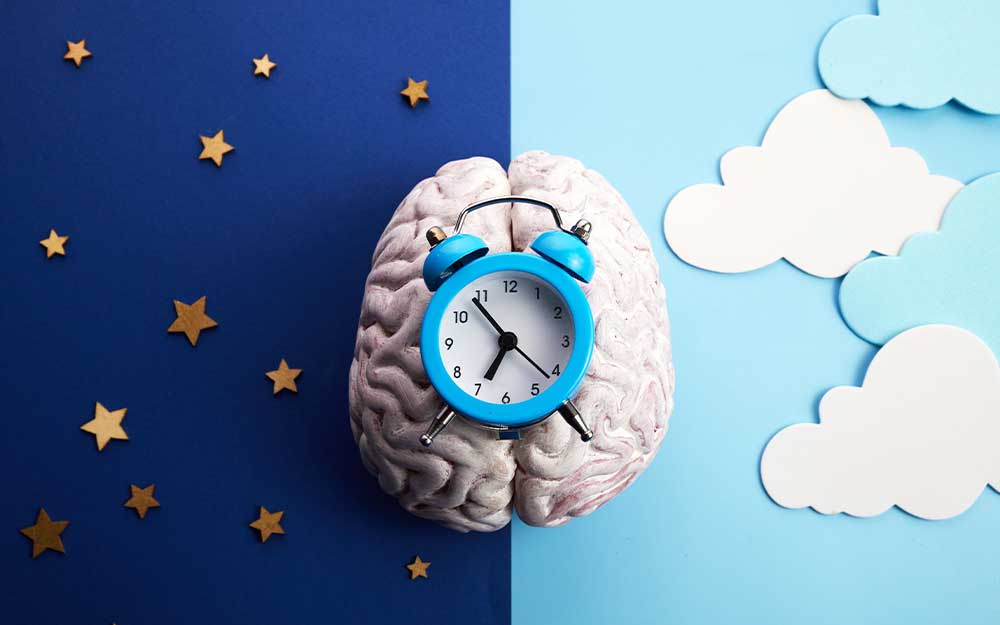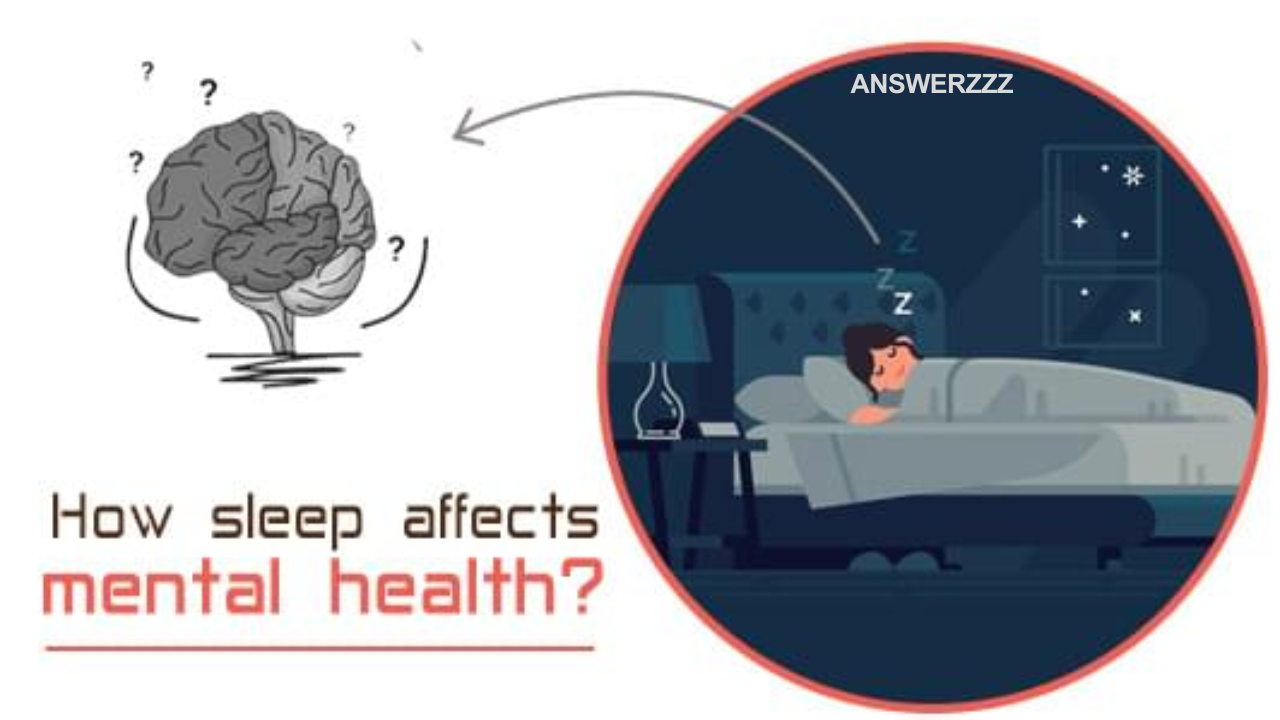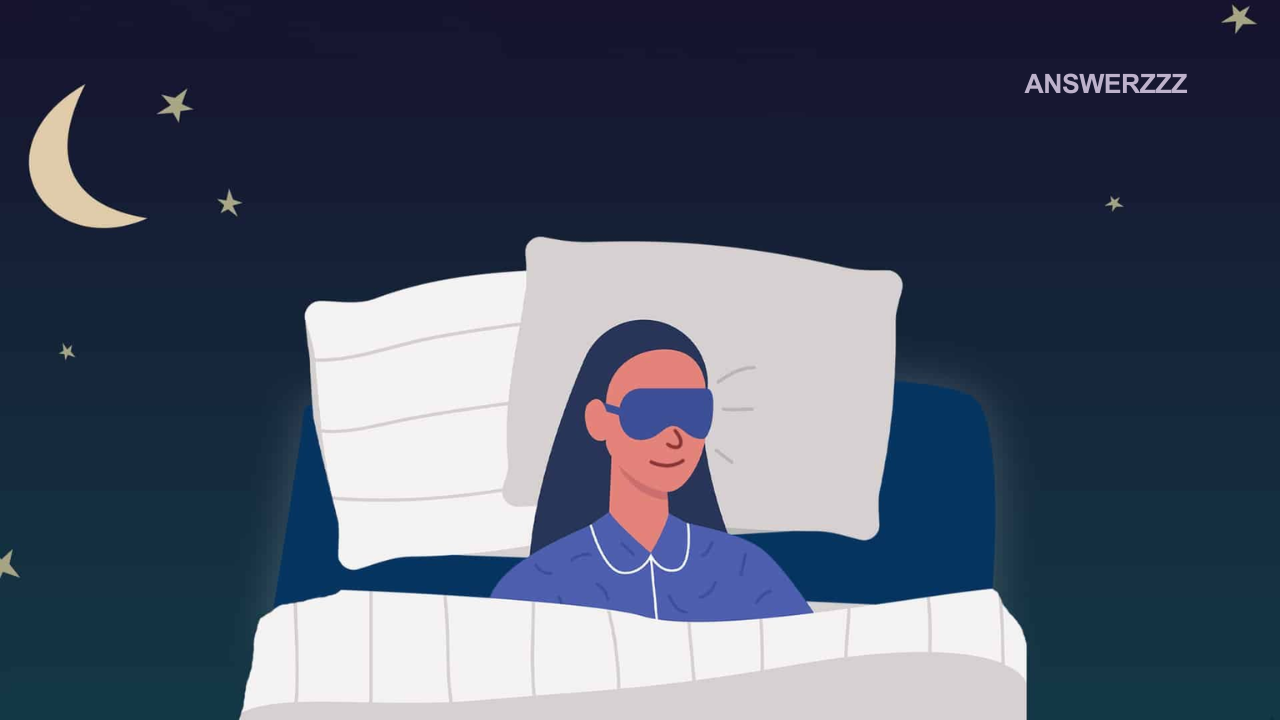Sleep is a cornerstone of human health, yet it is often overlooked in today’s fast-paced world. With the increasing demands of work, family, and social obligations, many individuals sacrifice sleep to meet their goals, not realizing the long-term implications of this decision. In this blog post, we will explore the profound impact sleep has on mental health and why prioritizing rest is essential for emotional well-being, cognitive function, and overall quality of life.
The Science of Sleep
Sleep is a complex biological process that affects almost every system in the body. It is divided into several stages, including non-rapid eye movement (NREM) sleep and rapid eye movement (REM) sleep. NREM sleep is further divided into three stages, each serving specific restorative functions, such as tissue repair, immune system strengthening, and energy conservation. REM sleep, on the other hand, is crucial for memory consolidation, emotional regulation, and creativity.
The sleep cycle repeats multiple times throughout the night, allowing the body and mind to recover from daily stressors. Disruptions to this cycle can lead to a host of physical and mental health issues. Chronic sleep deprivation, in particular, has been linked to increased levels of stress hormones, inflammation, and impaired cognitive function.

Sleep and Mental Health: The Bidirectional Relationship
The relationship between sleep and mental health is bidirectional, meaning that poor sleep can contribute to mental health issues, and mental health issues can disrupt sleep. For instance, individuals with depression often experience insomnia or hypersomnia, while those with anxiety may find it difficult to fall or stay asleep due to racing thoughts. Conversely, sleep deprivation can exacerbate symptoms of mental health disorders, creating a vicious cycle that is difficult to break.
Sleep and Depression
Depression is one of the most common mental health disorders globally, and its connection to sleep is well-documented. Insomnia is not only a symptom of depression but also a risk factor for its development. Research shows that individuals with persistent sleep disturbances are more likely to develop depressive disorders. Moreover, a lack of REM sleep can impair emotional processing, making it harder for individuals to cope with stress and negative emotions.
On the flip side, improving sleep quality can significantly alleviate depressive symptoms. Cognitive Behavioral Therapy for Insomnia (CBT-I) has been shown to be an effective treatment for both insomnia and depression, highlighting the importance of addressing sleep issues in mental health care.
Sleep and Anxiety
Anxiety disorders, characterized by excessive worry and fear, are also closely linked to sleep disturbances. Insufficient sleep can heighten the brain’s reactivity to stress, increasing feelings of anxiety. This is because sleep deprivation affects the amygdala, the brain’s emotional processing center, making it more sensitive to negative stimuli.
Additionally, anxiety can lead to hyperarousal, a state where the body and mind are too alert to relax. This can result in difficulties falling asleep, frequent awakenings, and poor sleep quality overall. Addressing sleep problems can therefore play a critical role in managing anxiety symptoms.
Sleep and Bipolar Disorder
Bipolar disorder is another condition where sleep plays a pivotal role. During manic episodes, individuals often experience reduced need for sleep, which can further fuel manic behaviors. Conversely, during depressive episodes, excessive sleepiness or insomnia may occur. Stabilizing sleep patterns is an essential part of managing bipolar disorder, as irregular sleep can trigger mood swings and exacerbate symptoms.
Sleep and Post-Traumatic Stress Disorder (PTSD)
Sleep disturbances, including nightmares and insomnia, are hallmark symptoms of PTSD. These issues are often perpetuated by hypervigilance and heightened arousal, which prevent the body from entering the deeper stages of sleep. Poor sleep quality can worsen PTSD symptoms, making recovery more challenging. Treatments that target both PTSD and sleep disturbances simultaneously have shown promising results in improving overall outcomes.
The Cognitive Consequences of Sleep Deprivation

Beyond its impact on mental health disorders, sleep deprivation significantly affects cognitive function. Lack of sleep impairs attention, memory, and decision-making, which are critical for daily functioning. Over time, these cognitive deficits can lead to increased stress and frustration, further impacting mental health.
One of the most alarming consequences of chronic sleep deprivation is its effect on neuroplasticity, the brain’s ability to adapt and form new connections. Reduced neuroplasticity can hinder learning and problem-solving abilities, making it harder to cope with life’s challenges. This creates a feedback loop where poor sleep leads to cognitive difficulties, which in turn exacerbate stress and anxiety.
The Emotional Toll of Sleep Deprivation
Sleep is essential for emotional regulation. During REM sleep, the brain processes emotions and integrates them into memory, helping individuals make sense of their experiences. When this process is disrupted, emotional resilience decreases, making it harder to cope with negative events.
Studies have shown that sleep-deprived individuals are more likely to interpret neutral or ambiguous stimuli as negative. This negativity bias can strain relationships, reduce productivity, and increase the risk of developing mental health issues. Furthermore, chronic sleep deprivation has been linked to irritability, mood swings, and even aggression, underscoring the importance of adequate rest for emotional stability.
How to Prioritize Sleep for Better Mental Health
Given the profound impact of sleep on mental health, prioritizing rest should be a key component of any self-care routine. Here are some strategies to improve sleep quality and support mental well-being:
Establish a Consistent Sleep Schedule
Going to bed and waking up at the same time every day helps regulate the body’s internal clock, making it easier to fall asleep and wake up naturally. Consistency is especially important for individuals with mood disorders, as irregular sleep patterns can trigger symptoms.
Create a Sleep-Friendly Environment
Your bedroom should be a sanctuary for rest. Keep it cool, dark, and quiet, and invest in a comfortable mattress and pillows. Consider using blackout curtains, white noise machines, or earplugs to eliminate disturbances.
Limit Screen Time Before Bed
The blue light emitted by smartphones, tablets, and computers can interfere with the production of melatonin, the hormone responsible for sleep. Aim to turn off electronic devices at least an hour before bedtime and engage in relaxing activities like reading or meditating instead.
Practice Relaxation Techniques
Stress and anxiety are common barriers to sleep. Incorporating relaxation techniques such as deep breathing, progressive muscle relaxation, or mindfulness meditation into your nightly routine can help calm the mind and prepare the body for rest.
Be Mindful of Your Diet
What you consume can significantly impact your sleep quality. Avoid caffeine and alcohol in the hours leading up to bedtime, as they can disrupt sleep. Instead, opt for sleep-friendly foods like bananas, almonds, and herbal teas.
Exercise Regularly

Physical activity is a natural stress reliever and can improve sleep quality. Aim for at least 30 minutes of moderate exercise most days of the week, but avoid vigorous workouts close to bedtime, as they may be stimulating.
Seek Professional Help
If sleep disturbances persist despite lifestyle changes, consult a healthcare provider. Sleep disorders like insomnia, sleep apnea, and restless legs syndrome may require specialized treatment. Additionally, addressing underlying mental health conditions can lead to significant improvements in sleep quality.
The Societal Implications of Sleep Deprivation
Sleep deprivation is not just an individual issue; it has broader societal implications. Poor sleep is linked to decreased productivity, increased healthcare costs, and a higher risk of accidents. In fact, studies have shown that drowsy driving is as dangerous as driving under the influence of alcohol.
Employers, educators, and policymakers have a role to play in promoting healthy sleep habits. Flexible work schedules, later school start times, and public awareness campaigns can all contribute to a well-rested society. By prioritizing sleep, we can improve not only individual well-being but also community health and safety.
Sleep is a fundamental pillar of mental health that deserves greater attention in our daily lives. From emotional regulation to cognitive function, the benefits of adequate rest are far-reaching. Conversely, the consequences of sleep deprivation can be severe, affecting every aspect of mental and physical well-being.
By prioritizing sleep and adopting healthy habits, individuals can break the cycle of sleep deprivation and mental health challenges. Whether through lifestyle changes or professional intervention, improving sleep quality is one of the most effective ways to enhance emotional resilience, cognitive performance, and overall quality of life. In a world that often glorifies busyness, let’s remember the value of rest and give our minds and bodies the care they truly deserve.



